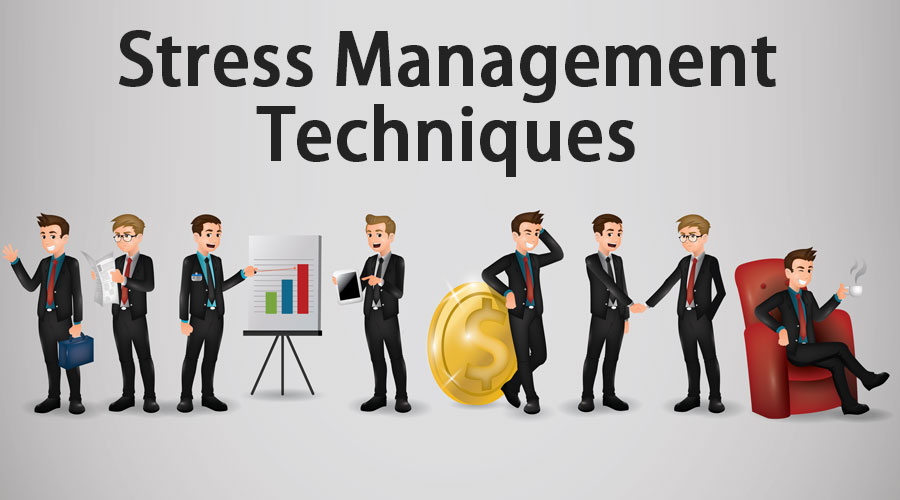
Stories Talk | Presentation Skills and Effective Storytelling
Stories Talk | Presentation Skills and Effective Storytelling
The pandemic, the war and economic insecurity are the characteristics of the uncertain and unstable era that we go through. They are obstacles and difficulties that lag us behind and even make some of us buckle. How can managers help their teams make a better workplace environment but without losing their efficiency?
By Mia Kollia
Translated by Alexandros Theodoropoulos
Changes are difficult. When no one expects them, they are even more complicated and everyone deals with them differently. Thus, the Covid-19 pandemic weighed - and in some countries it still weighs - heavily on people, in different ways. The war in Ukraine affects people equally. Every day we listen to heartbreaking news, which confirms the fragility of freedom and peace.
Worry and fear weigh people down on what in theory is referred to as cognitive load, in other words the mental effort it takes to complete a task. Knowing how to inspire or guide people with varying cognitive loads requires self-criticism and doing our work in a way we may not be familiar with.
If ever there was a time for leaders to increase emotional intelligence—their own and that of their subordinates—it is surely now. Emotional intelligence certainly doesn’t mean expressing your emotions uncritically or expressing exactly what you feel, but managing them correctly so that they are expressed effectively and in the appropriate way.
Let's look at some strategies:
We ask the members of the team we lead, how they cope with the issues that concern them every day. We listen to them without giving advice. Sometimes people just want someone to listen to them, to get their worries out.
Pretending to ignore the current situation is not going to make it go away. Instead, we acknowledge it and ask people how they're doing and what they're thinking. The leader of any group of people, in every period of history and culture, is the one to whom people turn for reassurance, security and stability, acting as the emotional guide of the group.

We are in the middle of a relentless and stressful period financially as well. Therefore, it may be appropriate to provide our employees with some facility to deal with the situation without worrying about their work.
If we can't fully commit to our project, it's good to share it with our team. In this way, we allow them to approach us and intensify their own effort. They will also feel that we understand them.
Dr. Deborah Heiser, CEO of The Mentor Project, recommends we reach out to our mentors for support.
“Our mentors are often our friends, and they're people with whom we feel less pressure and more comfortable showing that we're not invulnerable, because they don't usually work with us. We can talk openly about our concerns and get support in times of stress when we too need someone to lean on and share our thoughts with. Also, executives who are in the same hierarchical orbit as us are a welcome safety net not only for solving work-related problems, but also for solving emotional problems.”
Dr. Sanjay Saint, MD and leading mentoring expert, gives some sage guidance:
“As a mentor, I try to remind myself of the Robin Williams quote: 'Every person you meet is fighting a battle you know nothing about. Show kindness. Always". When we hear about crises in our daily news feed, it's probably easier to argue about the effects they have on people. But there are also battles that are often deeply personal—illnesses, family strife, financial stress—and usually remain hidden. I have never had a situation in my work as a mentor where kindness and compassion did not help."
Nowadays, we don't expect anyone to be a hero. In turbulent times, people are under incredible pressure, which they handle differently. A one-size-fits-all leadership or coaching approach isn’t working now. Instead, we treat each person personally, listen more and talk less, and above all, show understanding.